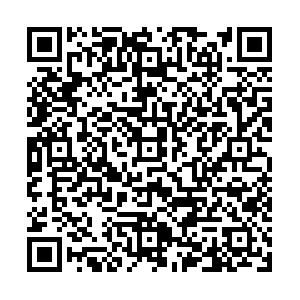Abstract:
Objective To analyze the sleep dysfunction for patients with irritable bowel syndrome (IBS) and its correlation with psychiatric and gastrointestinal symptom.
Methods Clinical data of patients with IBS received treatment at our hospital from 2015 to 2017 were analyzed as Group A. Healthy cases were enrolled as Group B. Pittsburgh sleep quality index (PSQI), IBS symptom severity scale (IBS-SSS), Hamilton anxiety scale (HAMA) and Hamilton depression scale (HAMD) were evaluated and analyzed.
Results A total of 85 patients were analyzed, Group A 45 cases, Group B 40 cases. Group A patients had higher PSQI scores than that of Group B (9.21±2.50 vs. 5.38±0.45;
t=9.547,
P<0.01). The Group A patients's IBS-SSS scores was 195.8±39.7, HAMD scores was 19.2±3.6 and HAMA scores was 21.5±4.1. Correlation analysis showed that, for Group A patients, the PSQI scores had significant positive correlation with IBS-SSS (
r=0.820,
P<0.01), HAMD (
r=0.617,
P<0.01) and HAMA (
r=0.697,
P<0.01).
Conclusion IBS patients were early suffered from sleep dysfunction and which was associated with psychiatric and gastrointestinal symptom.

 点击查看大图
点击查看大图



 下载:
下载:
